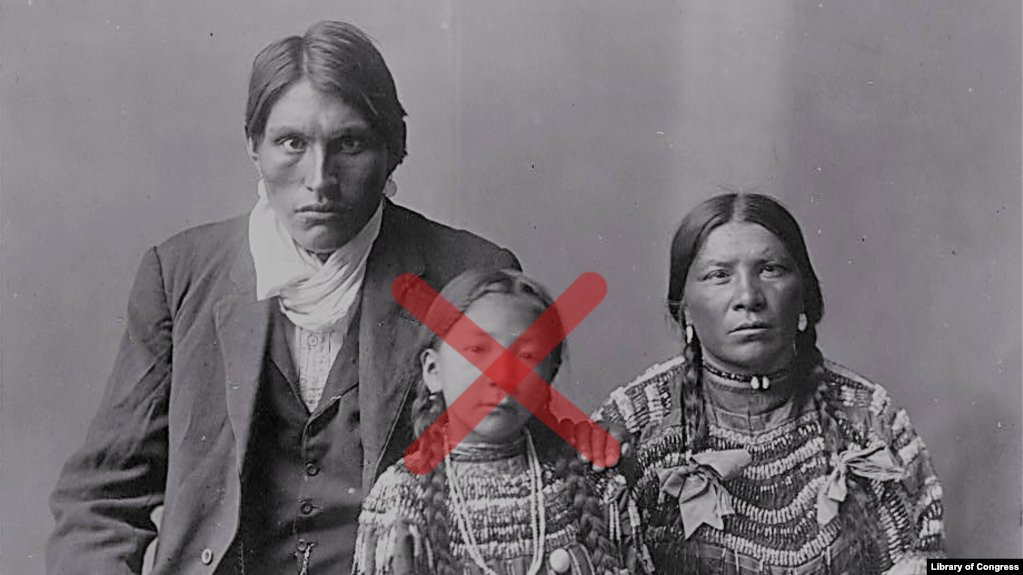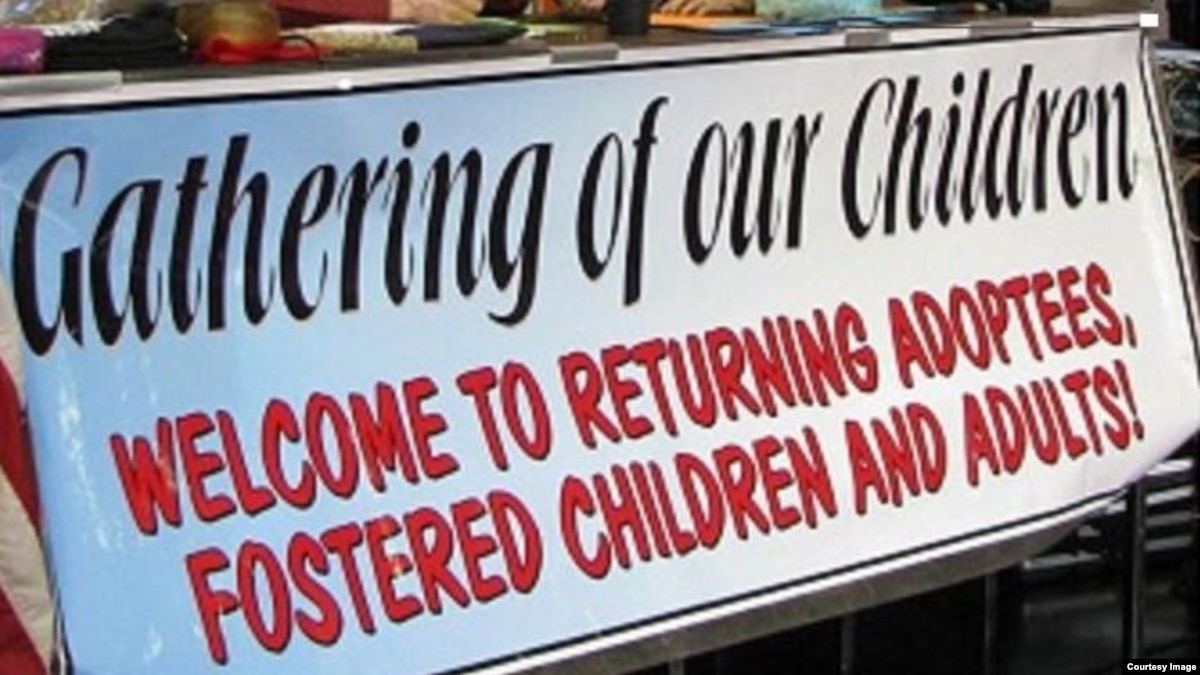 |
Chief
Marcia Brown Martel is a lead claimant in the 'Sixties Scoop' court
settlement with Canada. Under the settlement, First Nations and Inuit
children who were taken from their homes between 1951 and 1991 will be
eligible for personal compensation.
|
Montreal
Sixties Scoop victims from 1951 to 1991 can seek assistance from
National Indigenous Survivors of Child Welfare Network regarding
settlement
In October of 2017, the federal Government of Canada reached a
settlement with the First Nations victims of the “Sixties Scoop.” The
program gained its nickname when child welfare agencies removed
thousands of indigenous children from their communities primarily in the
60’s and placed them with foster families or adopting families.
After years of trying to fight against the Canadian federal
government, Lead claimant Chief Marcia Brown Martel won a massive
victory when the court awarded a payout of $800 million Canadian / $635
million American, to about 20,000 victims.
How to seek compensation and / or support as a “Sixties Scoop” survivor
Colleen Cardinal, (Plains Cree from Saddle Lake Cree Nation) one of
the co-founders of the National Indigenous Survivors of Child Welfare
Network (NISCW) told Indian Country Today that the NISCW is a great
resource for those seeking compensation and / or support as a “Sixties
Scoop” survivor.
In addition to offering services such as leadership, support and
advocacy for those affected by Indigenous child removal systems in
Canada, the NISCW is currently offering a specific “Sixties Scoop” Peer
Support Toll Free Number (1-866-456-6060.)
According to the NISCW website:
The peer support line will provide listening and support services to
Indigenous 60s scoop survivors who experienced displacement, loss of
culture, due to being adopted or fostered in non-Indigenous households
across Canada, the U.S.A.
The Peer Support Line will provide safe, respectful and
non-judgemental confidential listening.It will link Survivors to
approved services across Canada to support their emotional, cultural,
spiritual and mental needs.
Services include:
- Provide direction on how to access government information related to their adoption and other government documentation.
- Provide direction to support their repartition efforts that include finding families and communities.
- Provide information and direction on how to attain Indigenous
programs and services, Treaty Indian Cards, Metis memberships and
Nunavut Land Claims Agreement services for Inuit.
- Provide one-on-one talks with Survivors to listen to stories,
connect them with other Survivors, or Sixties Scoop organizations across
Canada.
For more information on the National Indigenous Survivors of Child Welfare Network visit
www.NISCW.org.
READ:
Victims Sought: Canada Awards $635 Million to Stolen ‘Sixties Scoop’ Native Children - Indian Country Media Network
 A A two-day emergency meeting in Ottawa begins today, to discuss what the Minister of Indigenous Services has called a “humanitarian crisis.”
A A two-day emergency meeting in Ottawa begins today, to discuss what the Minister of Indigenous Services has called a “humanitarian crisis.”









